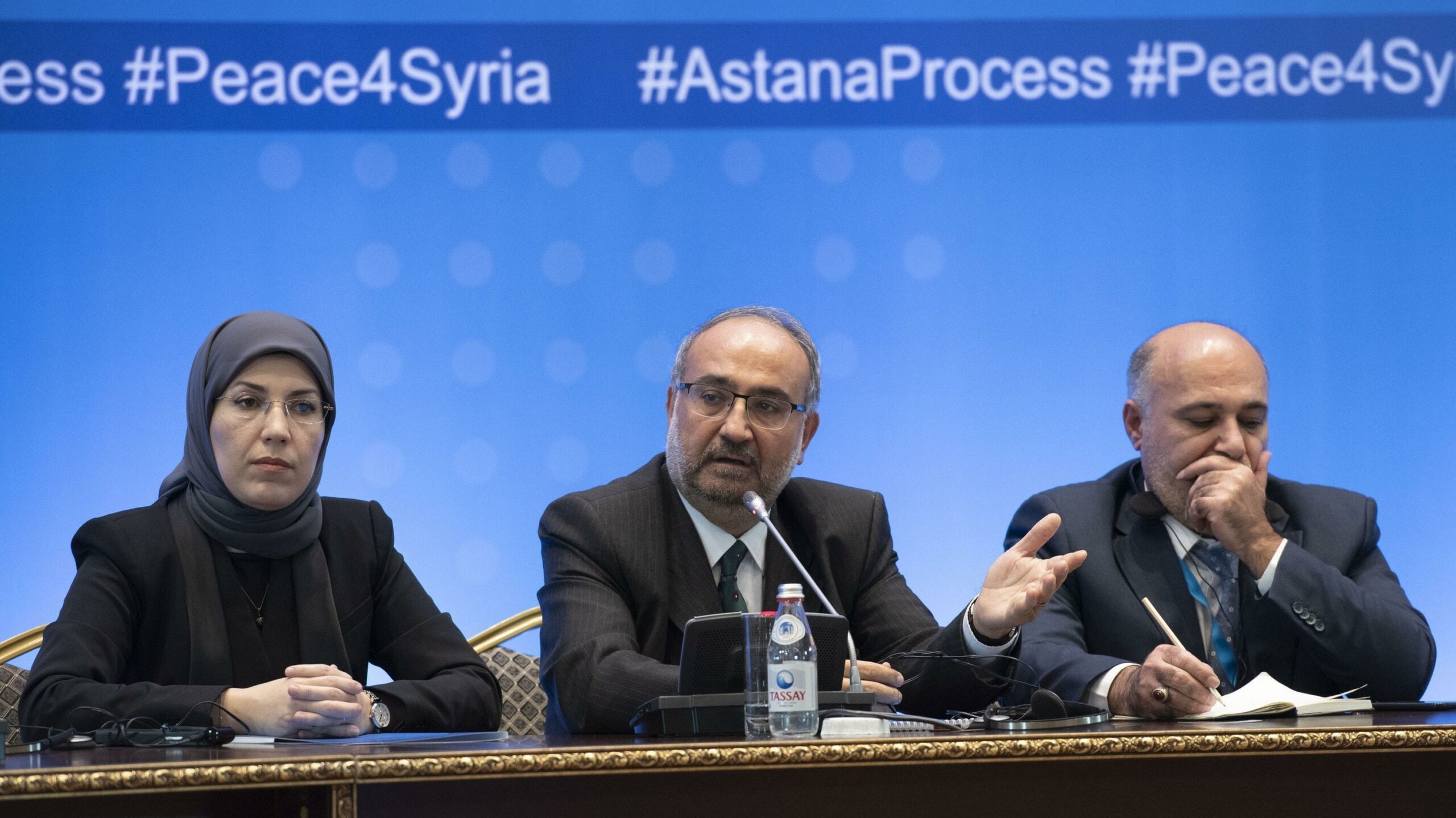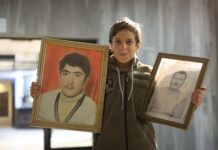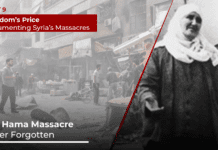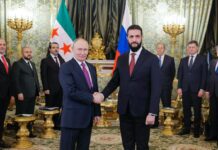
The 22nd round of the Astana Process talks on Syria concluded yesterday in Kazakhstan, bringing together representatives from the Assad regime, an opposition delegation, and the guarantor nations of Russia, Turkey, and Iran. Over two days of meetings, delegates discussed key issues, including efforts toward a political resolution in Syria, the return of refugees, reconstruction, and the humanitarian crisis within the war-torn country. The conference also issued a joint condemnation of recent Israeli military actions in the Middle East, which participants argued exacerbated instability in Syria.
Representing the Assad regime was Deputy Foreign Minister Ayman Raad, while the opposition delegation was led by Ahmed Touma. Jordan, Lebanon, and Iraq as observer nations, as well as international organizations like the UN and the International Committee of the Red Cross (ICRC), were also present.
The Kazakh Foreign Ministry announced that the agenda centered on finding a comprehensive political solution to the Syrian conflict. Discussion topics included confidence-building measures between the Assad regime and the opposition, the release of detainees, the missing persons file, and conditions to facilitate the safe return of refugees. Additionally, the talks explored humanitarian measures and the reconstruction of Syria, with emphasis on cooperation from international agencies.
According to sources, bilateral and trilateral consultations took place on Monday, followed by a general session and a press conference on Tuesday. Throughout the conference, the opposition delegation – which does not directly represent the diverse revolutionary institutions and military factions present in liberated areas of northern Syria – called on Russia to play a “stronger role” in bridging the gap between “their views” and those of the Assad regime. Touma, the head of the opposition delegation, urged Moscow to pressure Damascus to commit to peace negotiations under the supervision of the UN, stating that “the current situation will not contribute to stability” in Syria.
A central theme of the closing statement was a strong denunciation of Israeli military actions in Gaza, Lebanon, and Syria. The guarantor countries, Russia, Turkey, and Iran, condemned what they called “criminal attacks” by Israel, arguing that these operations are destabilizing the region. The joint statement urged the international community, particularly the UN Security Council, to ensure a “permanent ceasefire” and secure humanitarian access to Gaza.
The statement also expressed deep concern over Israeli airstrikes in Syria, which participants said violated Syria’s sovereignty and undermined regional security. Ali Asghar Khaji, a senior advisor from Iran, voiced Tehran’s commitment to “resisting Israel’s aggression” and emphasized the need for the Assad regime and Iran to cooperate against what he described as “Zionist crimes.”
A key focus of the Astana discussions remained the situation in Idlib, a province in northwest Syria where a de-escalation agreement exists but has faced frequent violations by Assad and Russia – ironically one of the guarantors. In their final statement, participants reiterated the importance of “maintaining calm in Idlib” and urged “all parties to avoid actions that could destabilize the area.”
While participants reaffirmed their commitment to reducing hostilities in Idlib, local sources reported continued Russian airstrikes and Assad regime drone attacks in recent months and during the talks, which have led to civilian casualties and displacement. The opposition delegates stressed that upholding the ceasefire in Idlib is critical to rebuilding trust and ensuring stability in the region.
Recent rapprochement efforts between Turkey and the Syrian regime were also discussed, with delegates exploring the potential impact of Ankara’s engagement with Damascus on Syria’s future. However, a path to lasting peace remains complex, with issues of sovereignty, international influence, and regional security all at play.
In his remarks following the conference, Ayman Raad, the head of the regime’s delegation, emphasized Assad’s priorities: combating “terrorism,” fostering regional stability, and lifting Western sanctions. Raad’s statements highlighted a demand for the removal of “unilateral coercive measures” and called for expanded early recovery projects to restore essential services in Syria.
The opposition delegation, on the other hand, stressed the need for a credible negotiation process and called for international pressure on Assad to earnestly engage in the Constitutional Committee, which aims to establish a democratic framework for Syria.
However, the Astana Process, which began in 2017, has failed, after nearly a decade of meetings, in halting attacks on Syrian civilians by Assad and his Russian and Iranian allies. Thus, the majority of revolutionary factions and administrative institutions in northern Syria neither participate nor recognize the conference as it has little substantive impact on the reality on the ground.
The 22nd Astana round concluded with a pledge from the guarantor nations to continue “mediating between Syria’s warring sides” and to prepare for a 23rd round of talks in the first half of 2025.








